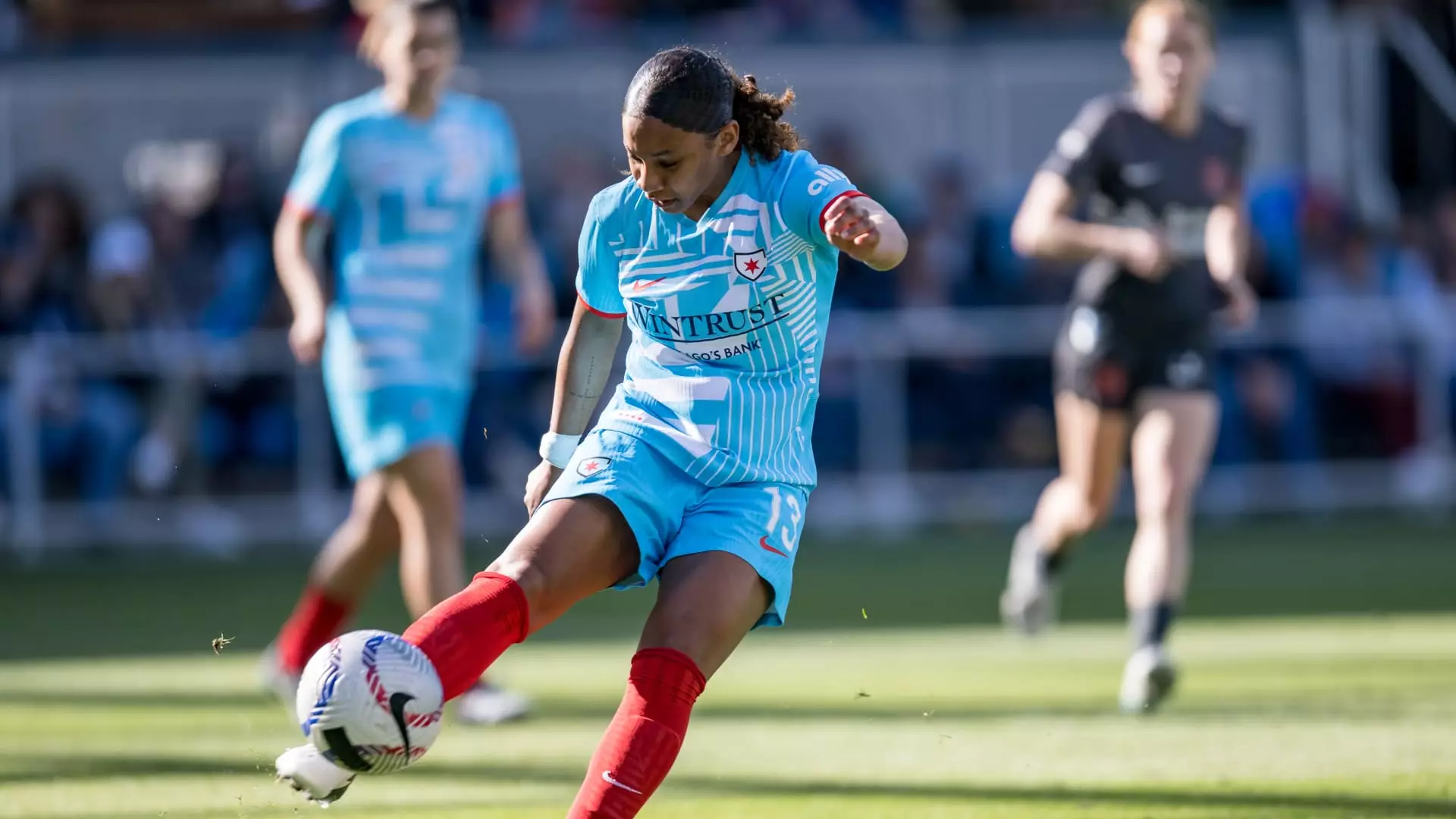In recent years, corporations have increasingly targeted professional athletes as untapped talent pools for their internship programs. While on the surface this seems like a progressive and supportive move—offering athletes a pathway to life after their fleeting sports careers—the reality is far more complex. These initiatives often mask a calculated strategy to leverage the athletes’ popularity and societal influence for corporate gain. Companies such as Gallagher, State Farm, and Nationwide are capitalizing on this trend, yet their motives often lean more toward brand amplification than genuine mentorship or community support.
What is troubling is how these programs frame athletes as raw potential waiting to be molded into corporate successes, rather than acknowledging their existing skill sets and leadership qualities. The narrative tends to suggest that athletes are unsophisticated in professional environments when, in truth, they develop resilience, strategic thinking, and teamwork through their careers. By positioning these programs as breakthroughs, corporations subtly diminish the innate expertise athletes hold and instead pandering to their commercial value.
The Power Dynamics and the Illusion of Mutual Benefit
Although narratives highlight success stories of athletes transitioning into corporate roles, a critical eye reveals a skewed power dynamic. These internships often serve as a soft door for athletes to get their foot in the corporate world—yet the long-term benefits are often one-sided. For instance, companies receive positive publicity, brand loyalty boosts, and access to a wide fan base, all while athletes are compartmentalized into training modules that may or may not align with their true aspirations.
Moreover, the assumption that athletes will seamlessly transition into corporate careers undervalues the barriers they face. Many athletes come from diverse socio-economic backgrounds and may lack prior exposure to such professional environments, making these programs a mixed bag in terms of genuine opportunity. The brief six-week duration, though framed as immersive, rarely offers enough sustained support or mentorship to guarantee durable change. There is a significant risk of these initiatives becoming superficial pawns in a corporate game rather than meaningful investments in athlete development.
Reinforcing the Commercialization of Sports and Athletes
The integration of corporate interests into athletes’ careers perpetuates the ongoing commercialization of sports. Companies participating in these programs are not merely offering opportunities but are actively commodifying athletes’ identities for marketing purposes. Think of Gallagher’s efforts to highlight the “hard work” of athletes—yet behind this narrative lies an attempt to associate their brand with resilience and determination. It is an exercise in branding that transcends authentic mentorship and veers into exploitation.
The relationships between these corporations and professional leagues reinforce a disturbing trend where athlete development becomes secondary to marketing objectives. While former athletes like Eli Manning or Patrick Mahomes are portrayed as relatable figures, their presence is ultimately driven by commercial contracts that monetize their fame. The internships serve as PR campaigns, consciously or not, cultivating a narrative that athletes contribute to society beyond their sports, even though many remain underinvested in when compared to the billions generated by sports media and sponsorships.
Big Business or Genuine Support? A Critical Reflection
Is this trend ultimately a move toward empowering athletes or merely a clever business strategy exploiting their fame? From a center-wing liberal perspective, the evidence suggests the latter. These initiatives often shy away from addressing the structural inequities in sports, such as low wages in women’s leagues or short career spans that leave athletes unprepared. Instead, they focus on shoring up corporate images and creating new revenue streams.
Furthermore, by shaping narratives around resilience and team spirit, corporations reinforce a myth that athlete success translates seamlessly into professional prowess in unrelated fields. While some athletes benefit directly—like those hired into permanent roles—the broader systemic issues remain unaddressed. The exploitation of athletes’ post-career vulnerability cloaks itself in a veneer of positivity, but beneath that lies a calculated effort to monetize their image long after the game is over.
These corporate internship schemes reveal a troubling tendency to instrumentalize athletes for profit, cloaking self-interest in the guise of support and opportunity. The question is not merely about whether athletes are gaining career skills but about whether our societal values are prioritized or compromised in the relentless pursuit of commercial dominance.

